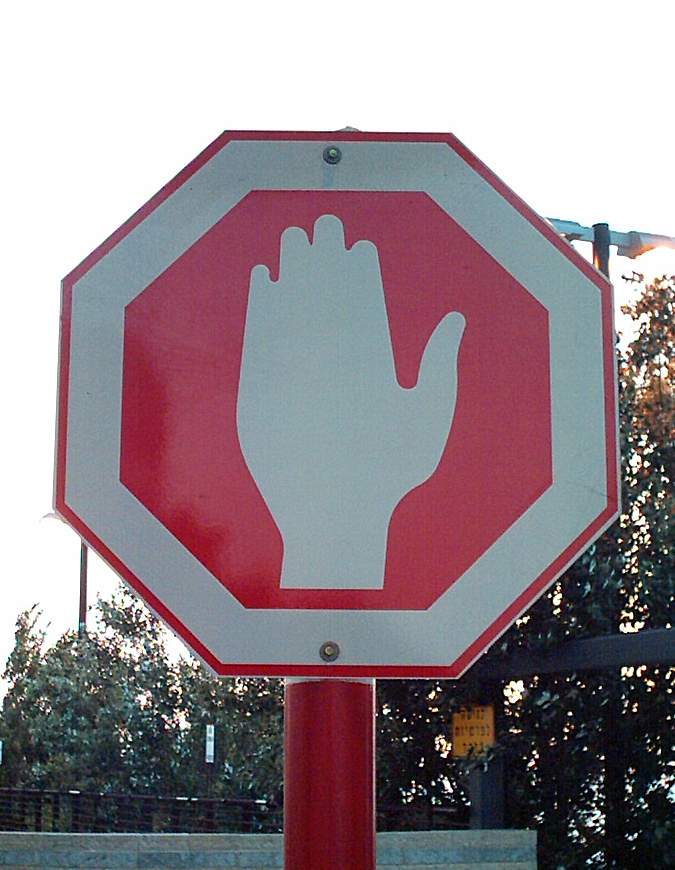Recent Cease & Desist Letters Not Tone-Deaf Like Many Predecessors
As far as cease and desist letters go, I religiously counsel my clients, whether they are looking to enforce their rights, or defend against another party’s assertions, that the name of the game is TONE, TONE, TONE. Get the tone wrong, like in this typical, classic “shock and awe” letter, and you might find your company going viral in the wrong kind of way, or worse yet, embroiled in a declaratory relief suit when all you wanted to do was shake an infringer to their senses in the least expensive way possible.
2017: The Year of “Golden Tone” Cease & Desist Letters
2017 just might have been the year of “golden tone” when it came to cease and desist letters sent by big companies that might usually be associated with having “tin tone” in such matters. The approaches used in these two examples of pitch-perfect tone may not be right for every situation, but the moral of the story is that thinking creatively and a little outside the box can be effective given the right circumstances, and should be encouraged.
A Good-Humored Cease & Desist Letter?? “Stranger Things” Have Happened….
When confronted with a trademark infringer operating a pop-up bar themed on one its most popular series, Netflix took a lighthearted approach in its cease and desist letter that was effective not only at convincing the infringer to stop its activities, but also at garnering wide-spread kudos from all corners of the internet, thus boosting its brand recognition and credibility.
“The Upside Down” was a Chicago pop-up bar based on the Netflix series “Stranger Things.” For those not in the know, the “Upside Down” is an alternate dimension in the show existing in parallel to the human world. The bar’s owner Jared Saul initially only intended to operate the bar for six weeks, but decided to extend it through the show’s second season premiere in October. Saul never even attempted to get permission from Netflix to use any of the show’s branding. However, instead of going full throttle hostile, Netflix wove references to the show and its characters into its letter, along with appeals to the infringer’s spirit of creativity and obvious love of the show.
To give notice that Saul’s use of Stranger Things branding was unauthorized, the attorney for Netflix said “look, I don’t want you to think I’m a total wastoid, and I love how much you guys love the show, but unless I’m living in the Upside Down, I don’t think we did a deal with you for this pop-up.” Appealing to the bar owner’s creative spirit, the letter went on to say “you’re obviously creative types, so I’m sure you can appreciate that it’s important to us to have a say in how our fans encounter the worlds we build.” The letter closed by making its demands in a similarly lighthearted (and reasonable) fashion: “We’re not going to go full Dr. Brenner on you, but we ask that you please 1) not extend the pop-up beyond its 6 week run ending September, and 2) reach out to us for permission if you plan to do something like this again.”
The letter helped Netflix avoid being branded a trademark bully, and won praise from online pundits, the most glowing of which said it was “the best cease-and-desist letter you’ve ever seen”.
Coming to an Infringer Near You: Cease & Desist Performance Art!
After the success of its ad campaign loosely based on “Games of Thrones,” replete with medieval trappings such as period costumes and sets, and boosted by the commercials’ nonsensical saying “Dilly Dilly,” Bud Light purveyor Anheuser-Busch InBev SA/NV (“InBev”) was faced with an upstart Minnesota brewery using its catch phrase in the name of one of its new brews. In its response, InBev took the “creative” thing to an entirely different level.
Modist Brewery Co. released a beer called the “Dilly Dilly Mosaic Double IPA.” Shortly thereafter (actually, about 2 1/2 hours to be exact), a medieval town crier arrived in front of Modist’s headquarters and delivered a cease and desist letter by reading it aloud from a parchment scroll before affixing it on a wall. The crier bellowed “let it be known that we believe that any beer that is shared between friends is a fine beer indeed and we are truly flattered by your loyal tribute. However, ‘Dilly Dilly’ is the motto of our realm, so we humbly ask that you keep this to a limited edition, one-time only run.”
The decree went on to say that “disobedience will result with additional scrolls,” and then, “a formal warning. And finally, a private tour of the pit of misery,” which was a reference to one of the sets in the Bud Light commercials.
InBev also made Modist an offer it likely couldn’t refuse: ““[W]e will be in your citadel of Minneapolis for the Super Bowl and would love to offer two thrones to said game for two of your finest employees to watch the festivities and enjoy a few Bud Lights on us.”
Conclusion
While there may be a time and place for “shock and awe” cease and desist letters, particularly in cases of flagrant infringement, Netflix and InBev have blazed a new trail. Hopefully their examples will prod attorneys to think more imaginatively before sending out standard, boilerplate letters.

